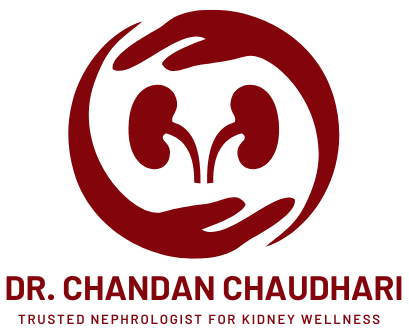Acute Kidney Injury (AKI) Support
Acute Kidney Injury (AKI) Support
Acute Kidney Injury
Treatment in Mumbai
What Is Acute Kidney Injury (AKI)?
Acute Kidney Injury (AKI) is a sudden decline in kidney function that happens over hours or days. It can occur due to dehydration, infection, medications, or sudden drops in blood flow to the kidneys. Unlike chronic kidney disease, AKI is often reversible with timely treatment, but if ignored, it may lead to serious complications.
Think of AKI as a temporary shock to the kidneys. With quick medical action, kidneys can often bounce back.
-
Affects kidney filtering ability temporarily
-
Needs immediate diagnosis and care
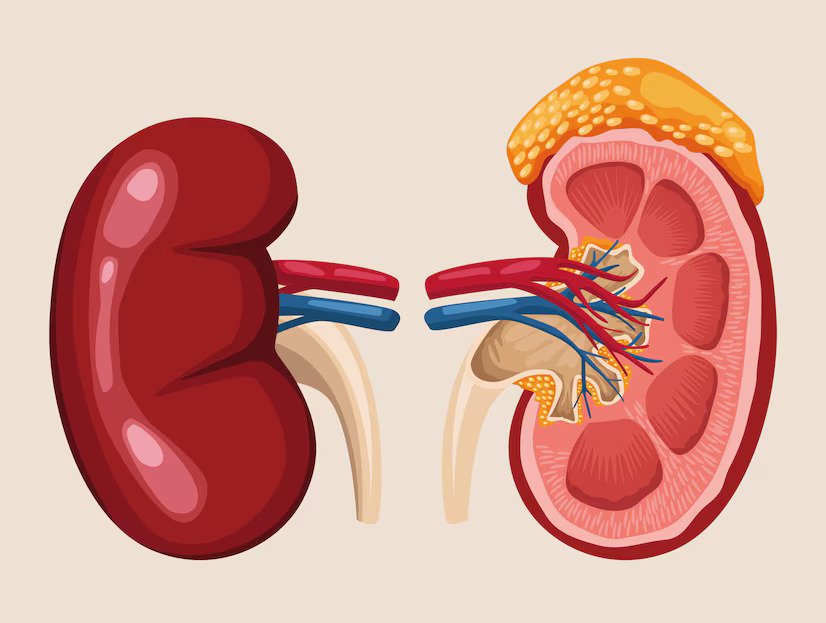
Common Causes That Trigger AKI
Common Causes That Trigger AKI
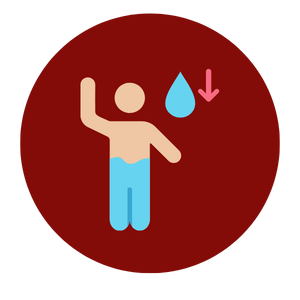
Severe dehydration
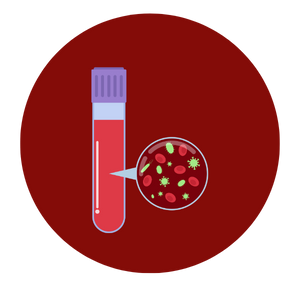
Sepsis or
major infections
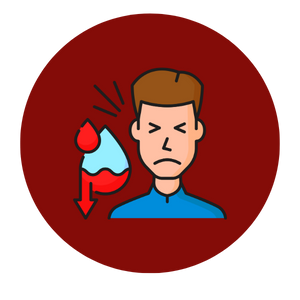
Major surgeries
or blood loss
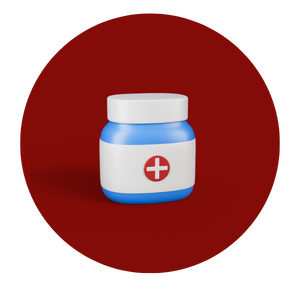
Certain antibiotics
or painkillers
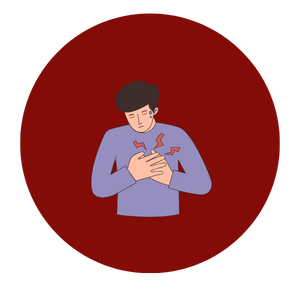
Heart failure or
low blood pressure
Common Causes That Trigger AKI
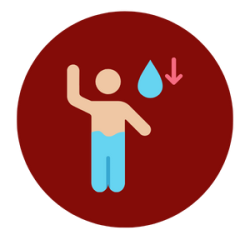
Severe dehydration
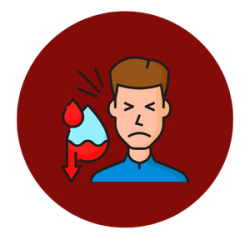
Major surgeries or blood loss
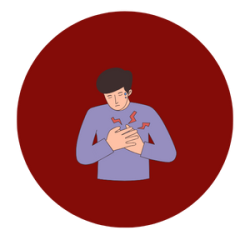
Heart failure or low blood pressure
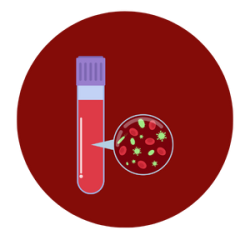
Sepsis or major infections
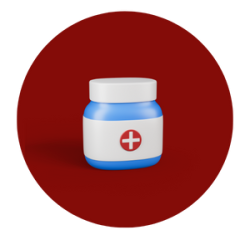
Certain antibiotics or painkillers
When Is AKI Treatment Needed?
Sudden Decrease in Urine Output
Noticing much less urine than usual, or none at all.
High Creatinine or Urea Levels
Blood test shows a rapid spike in waste product levels.
After Severe illness or Surgery
AKI can follow infections, trauma, sepsis, or complicated surgeries.
Medication or Dehydration Related
Using certain drugs or not drinking enough fluids can trigger it.
What to Expect During AKI Treatment
Immediate Diagnosis
Blood and urine tests to confirm AKI and its
cause.
Fluid & Electrolyte Balance
Rehydration and correcting salt or acid-base imbalances in the body.
Stopping Medications
Temporary pause on medicines that may harm kidney function.
Dialysis
(If Required)
For serious AKI, temporary dialysis may be used until kidneys recover.
Stages of Acute Kidney Injury
AKI is classified into stages depending on how much the kidney function has dropped:
Stage 1 - Mild AKI
Slight rise in creatinine or a small drop in urine output. Often reversible with fluids.
Stage 2 - Moderate AKI
Larger creatinine increase and noticeable reduction in urine. May need closer hospital care.
Stage 3 - Severe AKI
Very low urine or extremely high creatinine. Dialysis may be needed temporarily.
Why Choose Dr. Chandan Chaudhari?
Dr. Chandan Chaudhari offers specialized treatment for acute kidney injury (AKI) to restore kidney function and prevent further damage.
Hands-On Experience in Critical Cases
With years of experience in hospital and ICU settings, he provides timely, evidence-based care for patients suffering from sudden kidney failure.
Advanced Qualifications
His MBBS, MD, and DNB (Nephrology) background ensures expert-level management of complex kidney cases.
Clear & Compassionate Communication
Medical terms made simple. Dr. Chandan believes in honest, understandable conversations.
Trusted by Patients, Respected by Peers
Dr. Chandan communicates every step of the recovery plan clearly, ensuring patients and families stay informed and reassured.
Frequently Asked Questions [FAQ's]
about Acute Kidney Injury
We understand that kidney conditions can be confusing. Here are answers to some of the most common questions patients ask us.
Is AKI permanent?
Not usually. With quick and correct treatment, many people recover full kidney function.
Can AKI happen without symptoms?
Yes. It’s often silent at first. Only blood tests may reveal it.
How long does recovery take?
It can take days to weeks. Close follow-up is needed to ensure complete recovery.
Who is most at risk of AKI?
People with diabetes, heart disease, older adults, or those on strong medications.
Can AKI lead to kidney failure?
If left untreated, yes. It can progress to chronic kidney disease or permanent damage.
Noticing Sudden AKI Symptoms?
A fast diagnosis can mean full recovery. Let Dr. Chandan help you act early and protect your kidneys for life.
